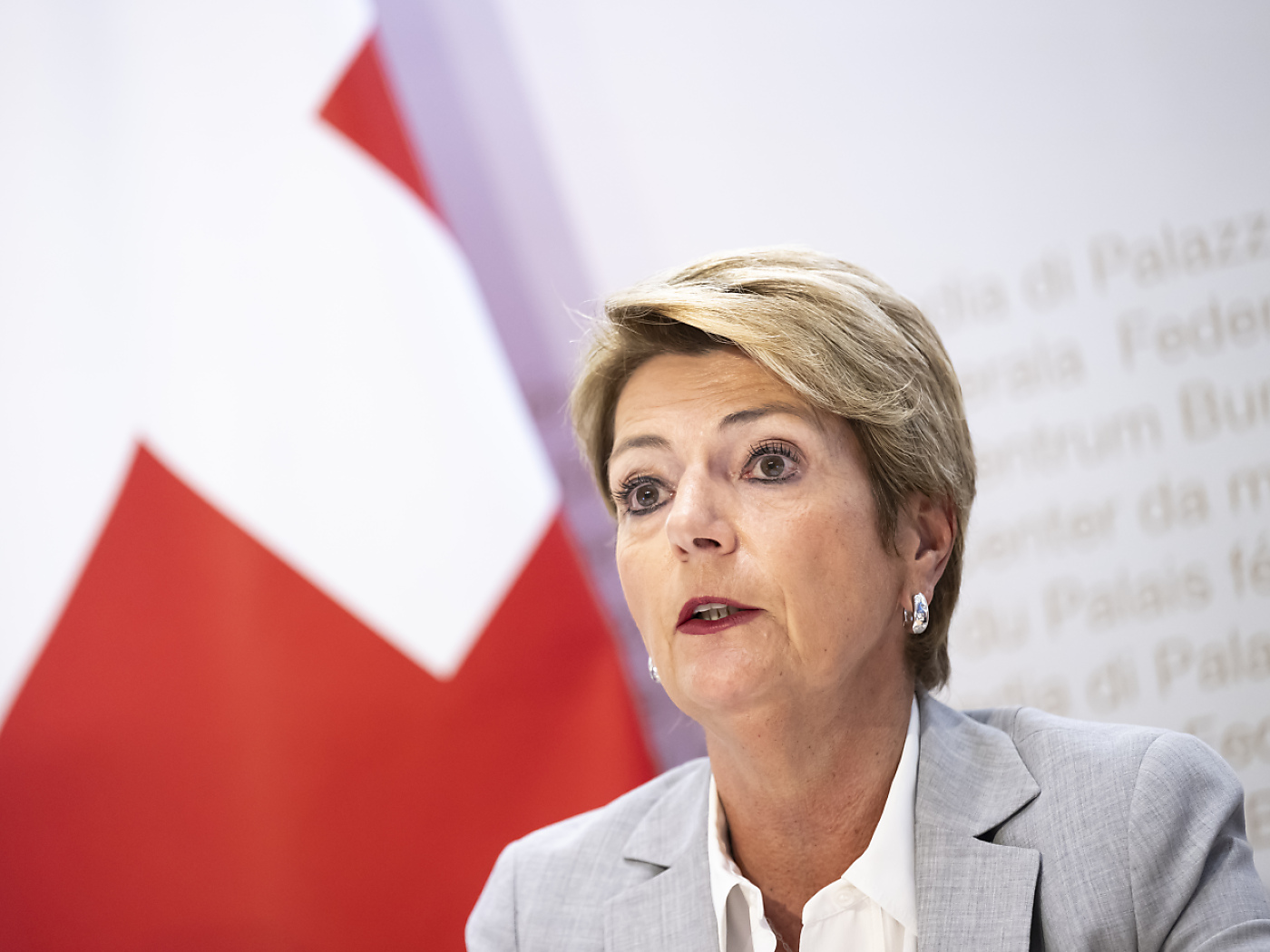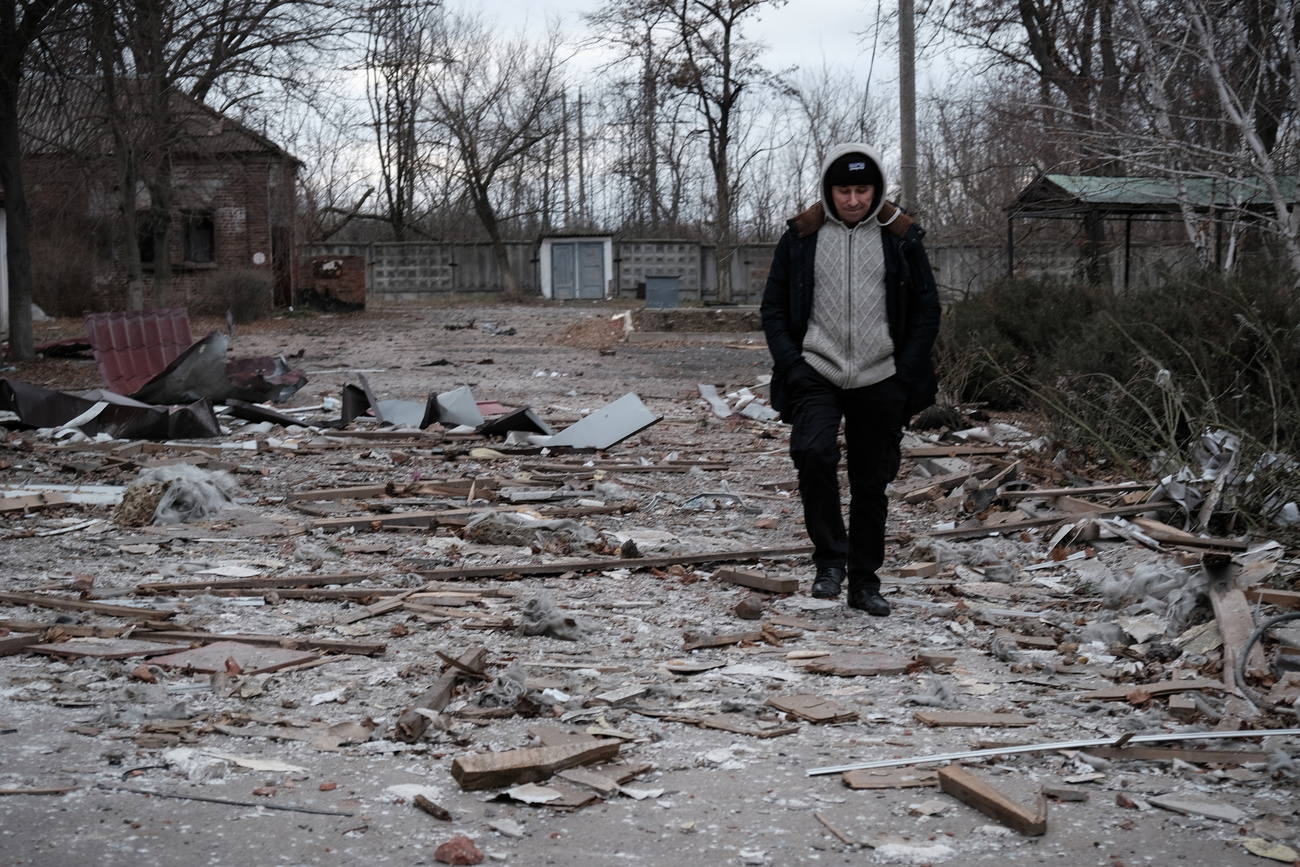
This year’s epidemic has been stronger than usual, according to the Federal Office of Public Health (FOPH),
Keystone-SDA
The flu epidemic in Switzerland is easing. The number of reported cases fell last week, according to figures published on Wednesday by the Federal Office of Public Health (FOPH). But the wave may not yet have reached its peak, officials say.
+Get the most important news from Switzerland in your inbox
“Flu activity remains high. The peak of the wave does not yet seem to have passed,” said the FOPH on Wednesday.
The health office recorded 2,383 new cases in the week from February 3 to 9. The peak of the season was reached in the first week of February with 2,912 cases.
With around 32.4 confirmed cases of influenza per 100,000 inhabitants, this year’s epidemic has been stronger than usual. This number has only been exceeded once in the past twelve years, in the winters of 2022 and 2023, when catch-up effects following the Covid-19 pandemic pushed up flu figures.
More

More
Flu cases soar in Switzerland
This content was published on
Jan 7, 2025
New data from the Federal Office of Public Health (FOPH) shows that flu cases doubled in Switzerland between mid and late December.
Read more: Flu cases soar in Switzerland
More visits to the doctor
However, the number of doctor visits for flu-like illnesses has not fallen so far. A total of 28,792 people consulted a doctor during the week in question because of a sudden high fever and cough or sore throat, almost 12% more than the previous week.
The number of flu-sufferers fell in French-speaking Switzerland, which had reported a particularly high number of cases in recent weeks. However, in canton Uri, in central Switzerland, the number of confirmed cases has doubled in the space of a week.
RSV, a common virus that can cause respiratory infections, is also still circulating in the population, FOPH says. Covid-19 activity, on the other hand, is at a low level.
Adapted from French by DeepL/sb
Howe we work
This news story has been written and carefully fact-checked by an external editorial team. At SWI swissinfo.ch we select the most relevant news for an international audience and use automatic translation tools such as DeepL to translate it into English. Providing you with automatically translated news gives us the time to write more in-depth articles.
If you want to know more about how we work, have a look here, if you want to learn more about how we use technology, click here, and if you have feedback on this news story please write to english@swissinfo.ch.
Articles in this story











